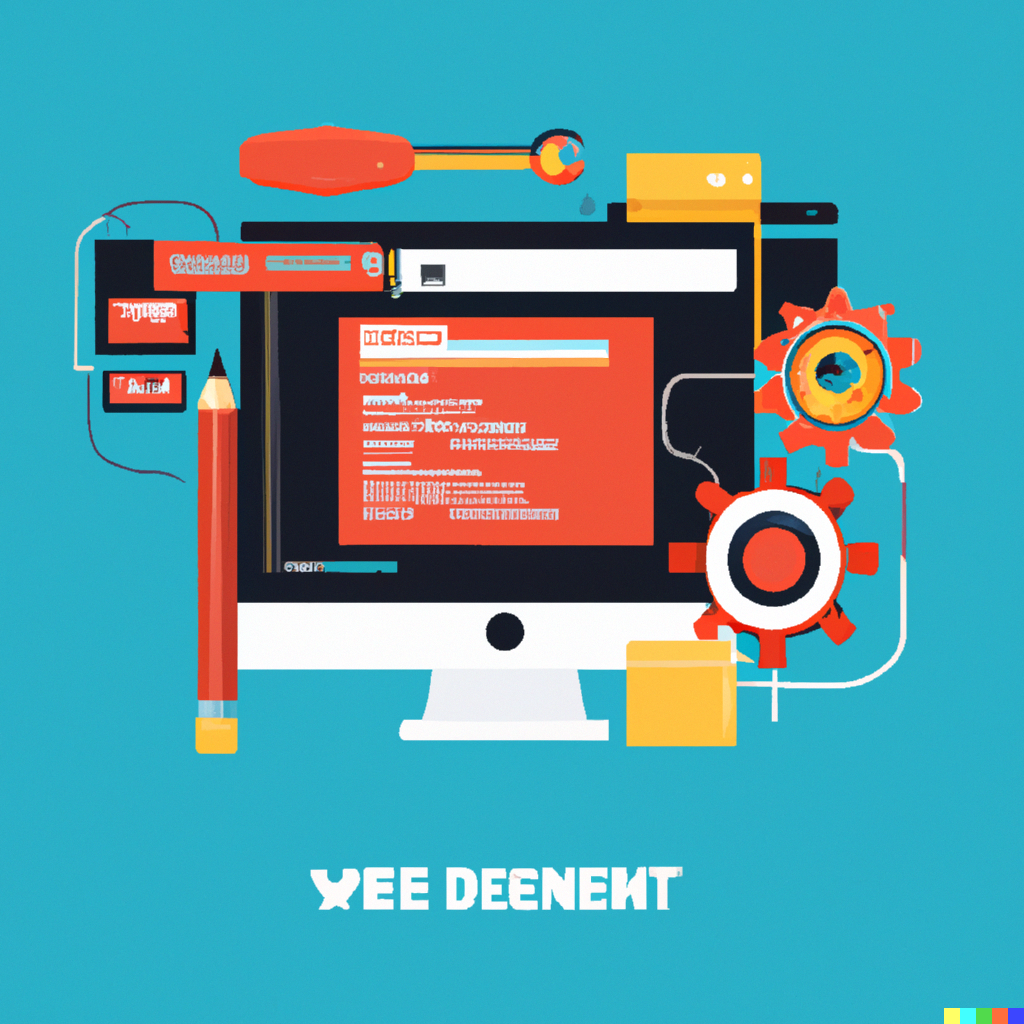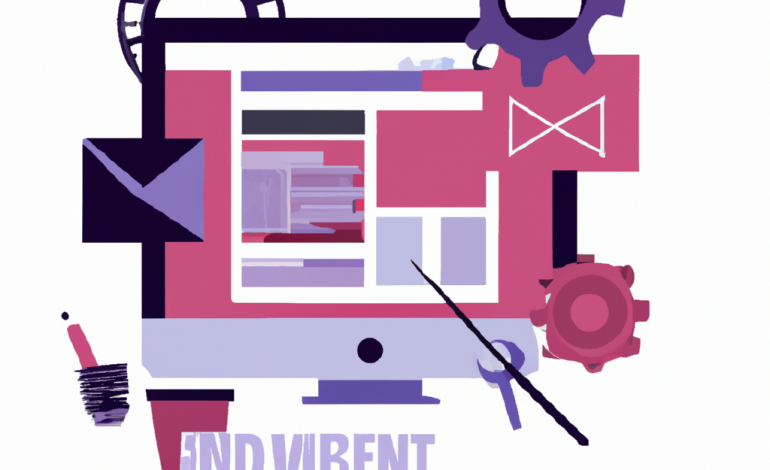
Content Management Systems (CMS) play a crucial role in managing and organizing digital content for websites, blogs, and online platforms. With numerous CMS options available, it’s essential to understand the differences and benefits of each type. In this comprehensive review, we will compare and evaluate various types of CMS, including traditional, headless, and decoupled systems, to help you make an informed decision for your content management needs.
- Traditional CMS: Traditional CMS platforms offer a comprehensive solution for content creation, management, and presentation. They provide user-friendly interfaces, pre-designed templates, and a wide range of built-in features such as content editing, media management, and SEO optimization. These CMS options are ideal for small to medium-sized websites or blogs that require an all-in-one solution.
- Headless CMS: Headless CMS separates the content management backend from the front-end presentation layer, enabling greater flexibility and customization. With a headless CMS, content is stored in a central repository and can be accessed through APIs, allowing developers to build custom front-end experiences using various programming languages and frameworks. This type of CMS is suitable for complex projects and omnichannel content delivery.
- Decoupled CMS: Decoupled CMS combines the advantages of both traditional and headless systems. It allows content creators to use a familiar interface for content management while providing flexibility in delivering content to multiple channels and platforms. Decoupled CMS separates the content authoring and content delivery processes, making it easier to maintain and scale the system.
- Key Considerations: When comparing different CMS options, it’s important to consider factors such as scalability, security, customization capabilities, ease of use, community support, and integrations with other tools and platforms. Assessing your specific requirements and goals will help determine which CMS type aligns best with your needs.
- Examples and Use Cases: To further illustrate the differences between CMS types, we will provide examples and use cases. Traditional CMS platforms like WordPress, Joomla, and Drupal are widely used for websites and blogs. Headless CMS options such as Contentful, Strapi, and Prismic are popular for projects requiring flexibility in front-end development. Decoupled CMS platforms like Adobe Experience Manager and Content stack are suitable for enterprises with complex content delivery requirements.
There are many different types of content management systems (CMS) available, each with its own strengths and weaknesses. Some of the most popular CMSs include:
- WordPress: WordPress is the most popular CMS in the world, used by over 43% of all websites. It is open source and free to use, and there are thousands of plugins and themes available to extend its functionality. WordPress is a good choice for businesses of all sizes, as well as for personal websites and blogs.
- Joomla: Joomla is another popular open source CMS. It is more complex than WordPress, but it offers more features and flexibility. Joomla is a good choice for large websites with complex content requirements.
- Drupal: Drupal is a powerful open source CMS that is known for its security and scalability. It is a good choice for enterprise-level websites with high traffic and demanding security requirements.
- Shopify: Shopify is a cloud-based CMS that is specifically designed for e-commerce websites. It is easy to use and offers a wide range of features for selling products online. Shopify is a good choice for businesses that want to start an online store quickly and easily.
- HubSpot CMS Hub: HubSpot CMS Hub is a hosted CMS that offers a wide range of features for marketing and sales teams. It is a good choice for businesses that want to use their website to generate leads and grow their business.
When choosing a CMS, it is important to consider the following factors:
- The size and complexity of your website: If you have a small website with simple content requirements, a simple CMS like WordPress may be sufficient. However, if you have a large website with complex content requirements, you may need a more powerful CMS like Drupal or Joomla.
- Your budget: CMSs can range in price from free to hundreds of dollars per month. It is important to choose a CMS that fits within your budget.
- Your technical expertise: Some CMSs are more complex to use than others. If you are not very technical, you may want to choose a CMS that is easy to use, such as WordPress.
- Your specific needs: Some CMSs are better suited for certain types of websites than others. For example, Shopify is a good choice for e-commerce websites, while HubSpot CMS Hub is a good choice for businesses that want to use their website for marketing and sales.
Once you have considered these factors, you can start to narrow down your choices and choose the CMS that is right for you.
Here is a table comparing the different types of CMSs:
| Type | Pros | Cons |
|---|---|---|
| Open source | Free to use, large community of developers and users, customizable | Can be complex to set up and manage, security vulnerabilities may exist |
| Closed source | More user-friendly, easier to maintain, more secure | Can be expensive, less customizable, less flexibility |
| Cloud-based | Easy to use, scalable, no need to worry about hosting | Can be more expensive than self-hosted CMSs, less flexibility |
| Self-hosted | More affordable, more control over your data | More technical knowledge required, need to manage your own hosting |
Choosing the right CMS is crucial for effectively managing and delivering content in the digital age. Traditional CMS platforms offer simplicity and convenience, while headless and decoupled systems provide flexibility and customization. By considering factors like scalability, security, and your specific project requirements, you can make an informed decision. Evaluate the features, benefits, and use cases of different CMS types to select the one that best aligns with your content management needs and supports your long-term goals.



